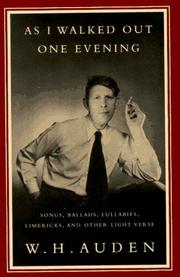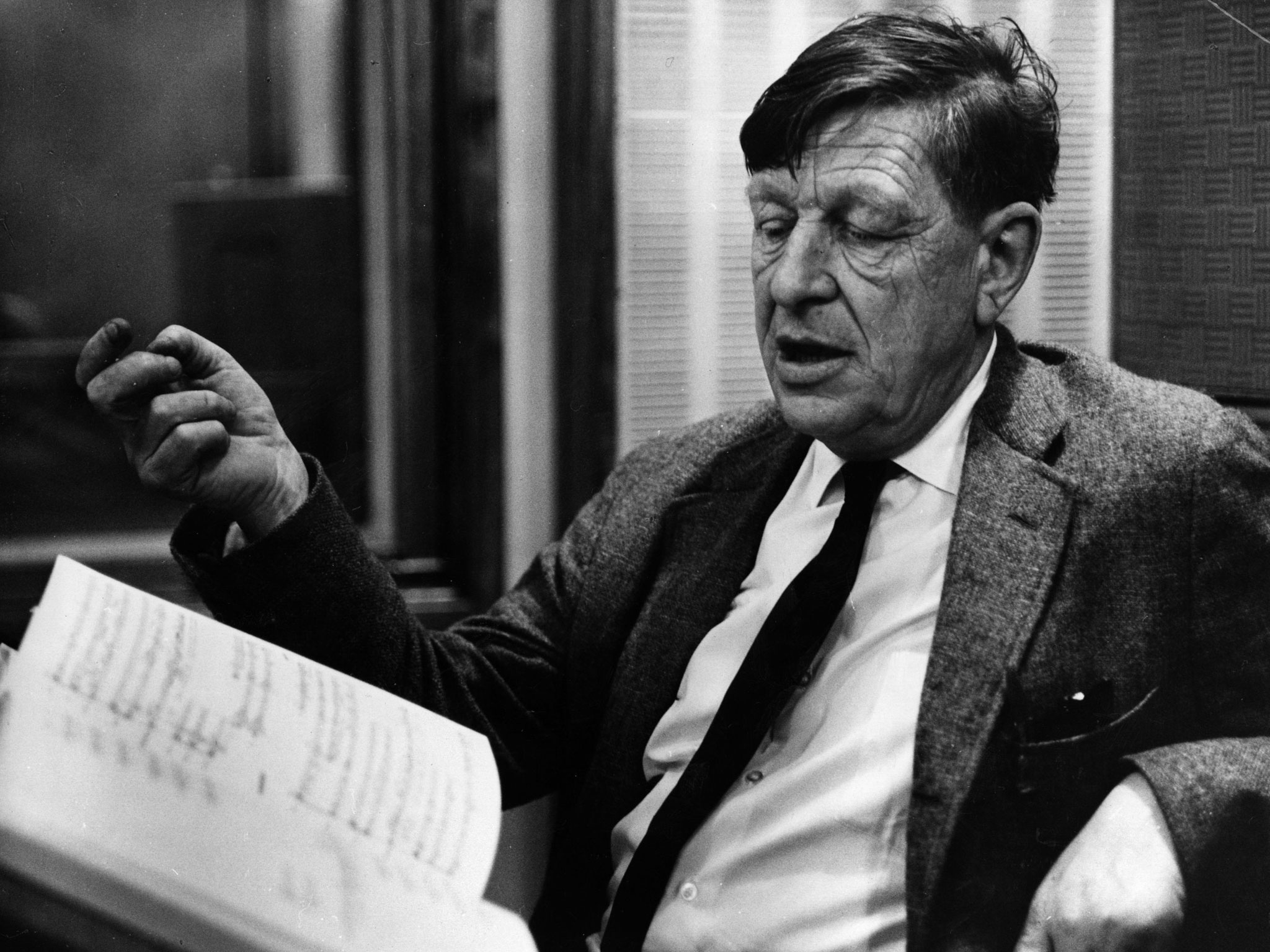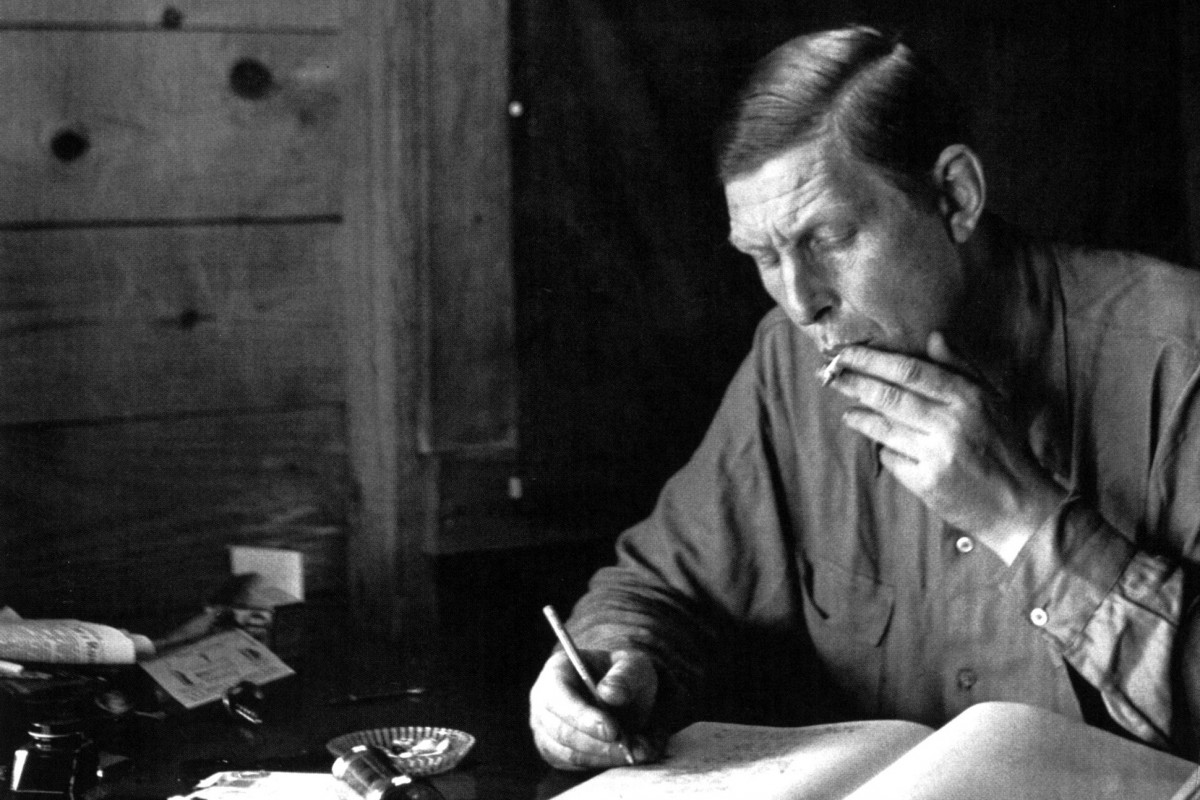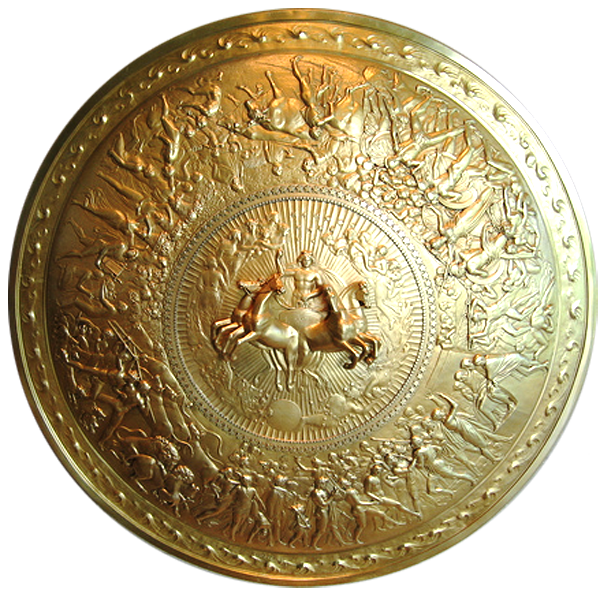“If I Could Tell You” was written by the English-American poet Wystan Hugh Auden in 1940. He was born on February 21, 1907. Auden’s poetry is noted for its style & technical achievement and its engagement with morals, politics, love & religion. This poem was written after the beginning of the Second World War. It was a period of great uncertainty for the post-war generation and this poem gives a description of their condition & is an outcry against the war itself. So here is the If I Could Tell You Analysis
If I Could Tell You Poem Meaning
The poem If I Could Tell You consists of nineteen lines divided into five stanzas of three lines and one consisting of four. A poem of this style is called a Villanelle. The second line of every stanza rhymes with the others. This strict structure of the poem may represent the poet’s desire to have the same level of control in actual life, which is far less ordered. The entire poem is an apologetic response to an unanswerable question posed by a loved one about life and death and the key role of time. The poem starts on a note of deep contemplation.
If I Could Tell You Poem Analysis
Time has always been an important factor in life for humans. Time marks our past, present and the future. Life somehow seems incomplete without time. This poem is about the poet’s way of letting the reader know that “time shall tell” everything eventually. In the first stanza, the poet holds the time as having the most supreme role and the greatest teacher of humanity. It is with the passage of time that we learn to acknowledge our faults and learn new lessons in life. Humans start out their lives young and reckless not adhering to the norms of the society. It is with time when they’ve grown older that they come to realize the difference in their opinion and beliefs. Everything occurs according to the dictates of time.
The author also notes that “the time only knows the price we have to pay” this means that it almost takes up our entire lives or a very long time to understand and fully comprehend the meaning of life. The price of life is what we pay to learn these lessons. “If we should weep when clowns put on their show” In these lines, the clown represents the feeling of joy and the weeping indicates the inability to feel happy in a supposedly pleasant situation. The inability to feel joy in life is not uncommon and we become acquainted with melancholy as we grow up. And we need time for this bittersweet realization of truth. This furthermore represents the demise of childhood, because clowns are the children’s entertainers. It is significant because with loss of childhood is accompanied by the loss of innocence and it is another thing that time takes away from us. “If we should stumble when musicians play” in this context, it is likely for us to stumble because we are aging. The narrator places the factor of age in these lines and also illustrates how we grow old with time. The poet intentionally contradicts our expectations of “what should happen” in these situations with a sinister alternative and reminds us once again that “Time will say nothing but I told you so” when this comes to pass.
In the third stanza “There are no fortunes to be told” here the narrator reinforces the idea that we are unable to see the future and are thus vulnerable to the whims of time. However, this is followed by compensation of some sort by saying “because I love you more than I can say/If I could tell you I would let you know.” This statement is hugely contrasting with the speaker’s attitude toward everything else in the poem. The poet has nothing to say about the time although he wishes he could, and yet when defining his love he will never be able to say enough.
In the fourth stanza, the poet observes the natural world i.e. the ‘winds’ and ‘decaying leaves.’ The narrator likes to think that there is a reason behind the phenomena. It could be that the imagery of autumn signals the end of the love mentioned earlier and the decay of the relationship. Alternatively, the decay could be intended to remind us of the cynical nature of life and death which is another unavoidable consequence of time. This stanza is little more ambiguous than those preceding it that it encourages the reader to spend a long time considering the underlying meaning. Despite the bleak imagery in the fifth stanza, the poet presents us with the possibility that “perhaps the roses really want to grow”. This means that even though life with its uncertainties is filled with possibilities and infinite beauty. The narrator is still willing to develop a romantic relationship with someone as the roses symbolize love and the above lines mean an inception of love. The final stanza portrays the carnival imagery (which began with the ‘clowns’) back into play. These images are a stark contrast to the rest of the poem, making it appear even bleaker. “Suppose the lions all get up and go” implies the symbolic representation of the dissipating courage with time. The penultimate line “Will Time say nothing but I told you so?” turns the statement which has been repeated throughout the poem into a question, displaying an even more uncertainty on the narrator’s part. The poem ends with the final promise ‘If I could tell you, I would let you know’ stating that when the poet finds all the answers to a life he hall let the person know.
If I Could Tell You Poem Central Idea
Although this poem seems to be about the inescapable and unpredictable future, the underlying message of the poem is interpreted as being that Time becomes obsolete, precisely because we do not know what will happen to us. This adds an element of fearlessness to what the narrator intends to say through this poem. It tells the reader that it is pointless to worry about things beyond our comprehension, and also lets us know that we are free to enjoy the present and add meaning to our lives. This poem raises the innate hope lying in the reader’s heart. The poet through the use of vivid imagery paints a beautiful picture in our minds. He teaches us the value of time and moreover the value of life.
Some online learning platforms provide certifications, while others are designed to simply grow your skills in your personal and professional life. Including Masterclass and Coursera, here are our recommendations for the best online learning platforms you can sign up for today.
The 7 Best Online Learning Platforms of 2022
- Best Overall: Coursera
- Best for Niche Topics: Udemy
- Best for Creative Fields: Skillshare
- Best for Celebrity Lessons: MasterClass
- Best for STEM: EdX
- Best for Career Building: Udacity
- Best for Data Learning: Pluralsight








